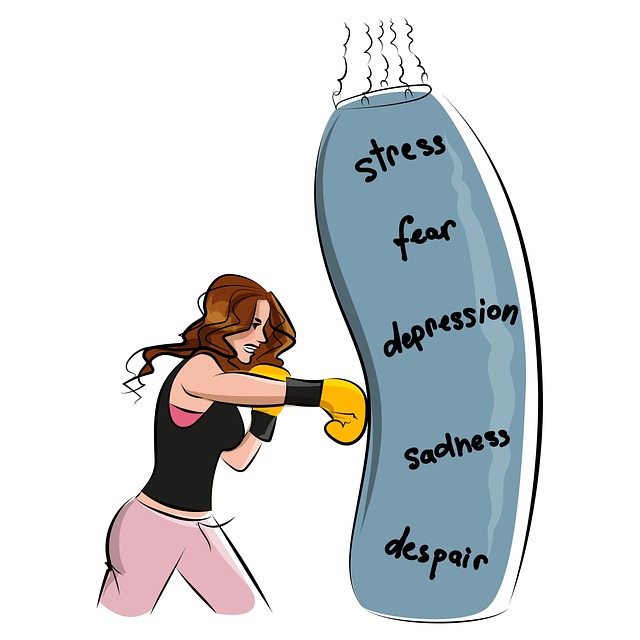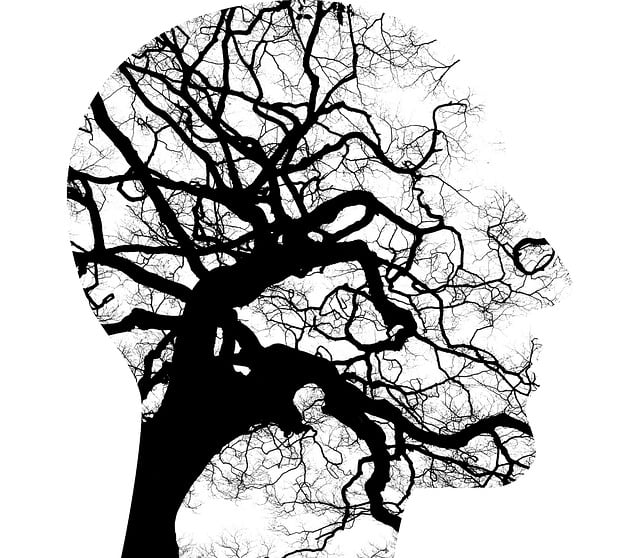Substance abuse significantly affects individuals' health and well-being, but recognizing signs like excessive consumption and negative consequences is crucial. Golden Gambling Therapy (GGT), combining traditional therapy with mindfulness meditation, offers a promising solution for coping mechanisms and resilience development. Key aspects include risk assessment, advocacy through Mental Health Policy Analysis, behavioral interventions, cultural competency training, group therapy, public awareness campaigns, Medication-Assisted Treatment (MAT), and comprehensive strategies tailored to diverse needs, all aimed at reducing relapse risks and promoting long-term recovery.
Substance abuse poses significant risks, impacting both individuals and society. Understanding these dangers is crucial for implementing effective risk reduction strategies. This article explores a multi-faceted approach to combating substance abuse, including behavioral interventions, support systems, and innovative techniques like Golden Gambling Therapy. By delving into these methods, we aim to facilitate long-term recovery and promote healthier lifestyles. Discover how each strategy contributes to a comprehensive solution, with a special focus on the potential of Golden Gambling Therapy.
- Understanding Substance Abuse and Its Risks
- The Role of Golden Gambling Therapy in Risk Reduction
- Behavioral Interventions for Long-Term Recovery
- Support Systems and Group Dynamics for Abstinence
- Medication-Assisted Treatment: A Comprehensive Approach
Understanding Substance Abuse and Its Risks

Substance abuse refers to the harmful use of drugs or alcohol, leading to adverse effects on an individual’s health, relationships, and overall well-being. It’s a complex issue that often requires comprehensive understanding and tailored strategies for effective risk reduction. Recognizing the signs and symptoms is the first step; this includes identifying excessive consumption, cravings, tolerance, and negative consequences.
Golden Gambling Therapy (GGT) offers a promising approach to addressing substance abuse. By combining traditional therapy methods with techniques like Mindfulness Meditation, mental health professionals can help individuals develop coping mechanisms and resilience. A comprehensive risk assessment is crucial, especially when considering the broader implications for mental health. This involves not only understanding the individual’s relationship with substances but also their social environment, as factors like stress, peer influence, and access to support networks play significant roles in risk assessment (Risk Assessment for Mental Health Professionals). Moreover, advocacy through Mental Health Policy Analysis can drive systemic changes, ensuring better access to treatment and support services for those at risk or already struggling with substance abuse.
The Role of Golden Gambling Therapy in Risk Reduction

Golden Gambling Therapy (GGT) emerges as a valuable tool in the arsenal of risk reduction strategies for substance abuse. This therapeutic approach leverages the principles of exposure and response prevention, helping individuals confront and manage their impulses to gamble or use substances. By gradually exposing them to triggers and providing structured coping mechanisms, GGT enables participants to develop healthier habits and strengthen their resistance to addiction.
Moreover, integrating GGT into broader initiatives like public awareness campaigns and social skills training enhances its effectiveness. These complementary efforts foster mental health awareness, equip individuals with additional coping strategies, and create supportive environments that discourage substance abuse. Through a multi-faceted approach combining GGT with programs focusing on Mental Health Awareness and Social Skills Training, communities can effectively mitigate risks associated with substance abuse.
Behavioral Interventions for Long-Term Recovery

Behavioral interventions play a pivotal role in fostering long-term recovery from substance abuse. These evidence-based strategies focus on modifying individual behaviors and thought patterns, empowering individuals to make healthier choices and avoid triggers. One particularly effective approach is Golden Gambling Therapy, which has shown promising results in treating gambling addiction and potentially extending its benefits to other substance use disorders. By combining behavioral modification techniques with tailored communication strategies, healthcare providers can address the unique needs of each patient.
Cultural competency training for healthcare providers is crucial here, as it ensures that interventions are sensitive to diverse cultural backgrounds and beliefs. Effective communication strategies, coupled with emotional well-being promotion techniques, create a supportive environment where individuals feel comfortable discussing their struggles openly. This holistic approach not only enhances the effectiveness of treatment but also paves the way for sustained recovery by addressing both behavioral and psychological aspects of substance abuse.
Support Systems and Group Dynamics for Abstinence

Support systems play a pivotal role in mitigating risks associated with substance abuse and fostering abstinence. Group therapy sessions, facilitated by professionals, create an environment where individuals can share their experiences, struggles, and triumphs in a safe, non-judgmental space. This sense of belonging and camaraderie significantly enhances the effectiveness of treatment, as it builds resilience against relapse triggers and provides a network of peers who understand the challenges firsthand. The collective energy and support within these groups often serve as a powerful motivator for maintaining abstinence.
Moreover, integrating Golden Gambling Therapy into group dynamics offers a unique approach to risk reduction. By recognizing the addictive nature of gambling and its potential to trigger substance abuse or fuel existing addiction, therapy sessions can address these dual issues simultaneously. Public Awareness Campaigns Development and Community Outreach Program Implementation initiatives focused on educating individuals about the risks of combining gambling with substance abuse can further empower those in recovery. These comprehensive strategies not only strengthen support systems but also contribute to a broader culture that discourages risky behaviors and promotes healthier alternatives.
Medication-Assisted Treatment: A Comprehensive Approach

Medication-Assisted Treatment (MAT) represents a comprehensive and evidence-based approach to managing substance use disorders. By combining medications with behavioral therapies, MAT offers a multi-faceted strategy for risk reduction. This method targets both the physical and psychological aspects of addiction, addressing withdrawal symptoms and underlying cravings while also teaching individuals valuable coping mechanisms. For instance, Golden Gambling Therapy uses medication to stabilize an individual’s brain chemistry during detoxification, making it easier to engage in subsequent Social Skills Training sessions focused on building healthy habits and relationships.
The Mind Over Matter principles behind MAT empower patients to develop a deeper understanding of their addiction and learn how to manage triggers effectively. This comprehensive approach has proven particularly effective for high-risk individuals who may struggle with relapse due to environmental or psychological stressors. By integrating risk assessment tools, mental health professionals can tailor MAT programs to individual needs, ensuring that every aspect of care is designed to minimize potential hazards and promote long-term recovery.
Substance abuse poses significant risks, but a multi-faceted approach can significantly reduce these dangers. By combining behavioral interventions, support systems, and evidence-based treatments like medication-assisted therapy (MAT), individuals can navigate their recovery journeys effectively. Moreover, Golden Gambling Therapy emerges as a novel strategy, offering unique benefits for risk reduction and long-term abstinence. Integrating these diverse methods fosters a comprehensive, supportive environment conducive to lasting behavioral change.














